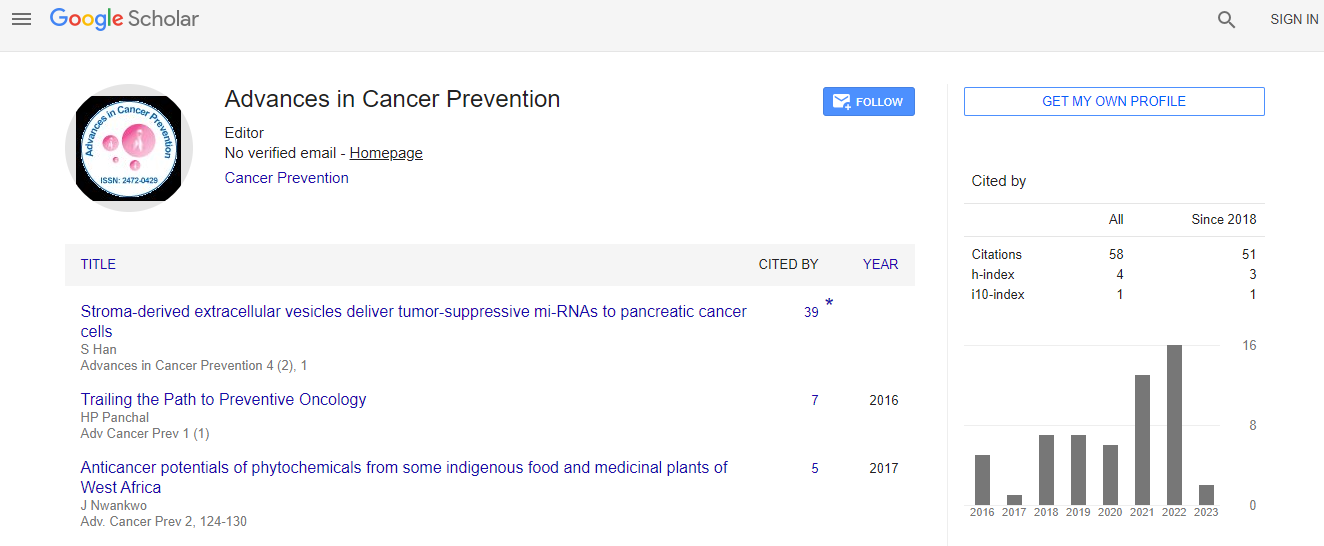Stroma-derived extracellular vesicles deliver tumor-suppressive mi-RNAs to pancreatic cancer cells
*Corresponding Author:
Copyright: © 2020 . This is an open-access article distributed under the terms of the Creative Commons Attribution License, which permits unrestricted use, distribution, and reproduction in any medium, provided the original author and source are credited.
Abstract
The biology of tumor-associated stroma (TAS) in pancreatic ductal adenocarcinoma (PDAC) is not well understood.
The paradoxical observation that stroma-depletion strategies lead to progression of PDAC reinforced the need to
critically evaluate the functional contribution of TAS in the initiation and progression of PDAC. PDAC and TAS cells
are unique in their expression of specific miRNAs, and this specific miRNA expression pattern alters host to tumor
microenvironment interactions. Using primary human pancreatic TAS cells and primary xenograft PDAC cells coculture,
we provided evidence of miRNA trafficking and exchanging between TAS and PDAC cells, in a two-way,
cell-contact independent fashion, via extracellular vesicles (EVs) transportation. Selective packaging of miRNAs into
EVs led to enrichment of stromal specific miR-145 in EVs secreted by TAS cells. Highly-concentrated exosomes,
but not micro-vesicles, derived from human TAS cells demonstrated a tumor suppressive role by inducing PDAC cell
apoptosis. This effect was mitigated by anti-miR-145 sequences. Our data suggest that TAS-derived miRNAs are
delivered to adjacent PDAC cells via exosomes and suppress tumor cell growth. These data highlight that TAS cells
secrete exosomes carrying tumor suppressive genetic materials, a possible anti-tumor capacity. Future work of the
development of patient-derived exosomes could have therapeutic implications for unresectable PDAC

 Spanish
Spanish  Chinese
Chinese  Russian
Russian  German
German  French
French  Japanese
Japanese  Portuguese
Portuguese  Hindi
Hindi 